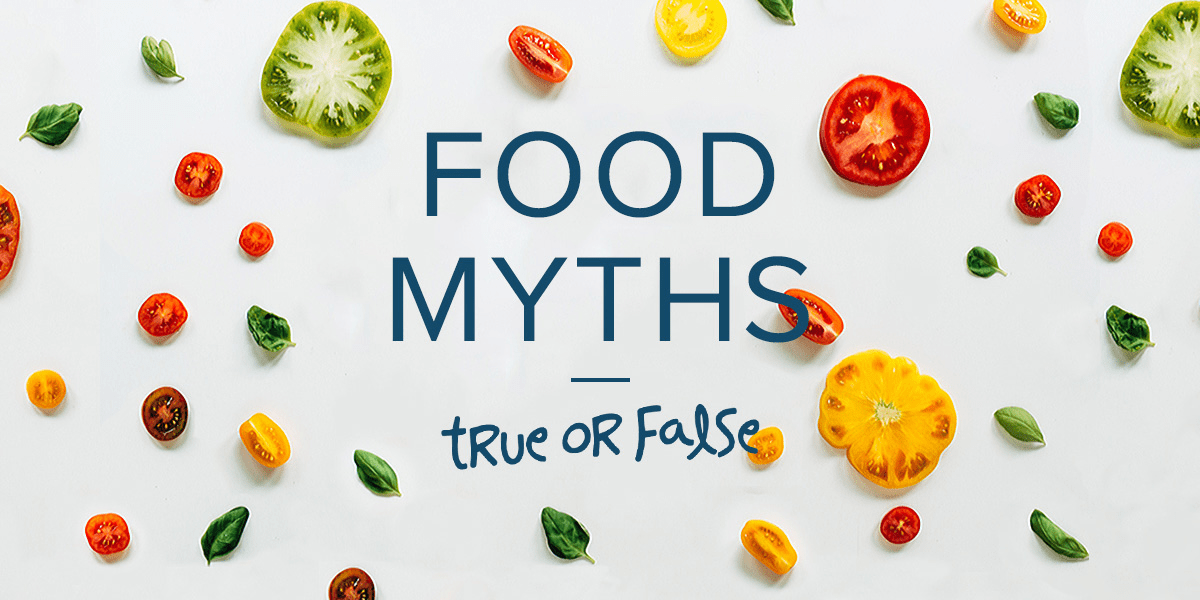
Carbs are not the enemy—they’re your body’s preferred fuel
For years, people have feared carbs. Bread. Pasta. Rice. Potatoes. All labeled “bad.” Diets call them dangerous. But the truth is simple: your body needs carbs. Especially your brain. Especially your muscles. Especially during movement, stress, or healing.
Carbohydrates are the body’s quickest and most efficient energy source. When you remove them, your body searches for alternatives. It breaks down fat, then muscle. Energy drops. Mood dips. Concentration fades.
Not all carbs are equal. Whole grains, fruits, vegetables, and legumes offer fiber, vitamins, and slow energy release. These nourish you, support digestion, and stabilize blood sugar.
The real issue isn’t carbs. It’s refined sugar overload. It’s processed snacks. It’s eating carbs alone, without protein or fat. Blaming all carbs means throwing out what your body was built to run on.
Cutting them too far doesn’t create health. It creates imbalance.
Eating after 8 p.m. doesn’t automatically lead to weight gain
“Don’t eat at night” is a rule many people live by—but it’s not backed by biology. Your body processes food the same way at 8 a.m. and 8 p.m. What matters more than when you eat is how and why.
Many people skip meals all day, only to feel ravenous at night. They eat quickly, without pause. This leads to overeating—not because of the hour, but because of the hunger.
Eating late becomes a problem when it’s mindless, emotionally driven, or compensating for earlier restriction. But a well-balanced, portioned dinner—even at 9 p.m.—won’t cause harm.
What your body dislikes is inconsistency. Feast and famine. Binging and fasting. Giving your body regular fuel—even late—is better than starving it based on the clock.
Detox diets don’t actually detox your body
You’ve seen the ads. “Flush toxins.” “Reset your system.” “Drop ten pounds in three days.” But your body already detoxes every single day—through the liver, kidneys, skin, and breath. You don’t need juice to clean your system. You need water. Fiber. Rest.
Detox teas often contain diuretics or laxatives. The weight loss is water. The bloat reduction is temporary. And the crash that follows? Very real.
Juice cleanses can strip your body of protein. Of fat. Of the nutrients that repair cells and balance hormones. You might feel lighter—but only until the dizziness and fatigue set in.
Want to support your body’s natural detox? Eat vegetables. Drink water. Sleep. Move. Breathe. The basics work better than any bottle.
You don’t need to eat small meals every three hours
Some say frequent eating boosts metabolism. But studies show metabolism depends more on total intake than meal frequency. Your body doesn’t need food every three hours. It needs food when it’s hungry—and it needs the right kind.
Some people thrive on three meals. Others feel better with snacks. Intermittent fasting works for some. It harms others. The key is to pay attention to your own rhythms.
Forcing meals when you’re not hungry can lead to fatigue, bloating, or overconsumption. Skipping meals when you are hungry does the same.
Food timing isn’t magic. Listening to your hunger cues—and responding with balanced meals—is what makes a difference.
All calories are not created equal
Yes, calories matter. But they aren’t everything. A calorie from a candy bar affects your body differently than one from lentils or almonds. Nutrient density changes everything.
The food you eat affects hunger hormones, blood sugar, digestion, and satisfaction. A meal with fiber, protein, and fat keeps you full longer than one with just sugar—even if both contain 300 calories.
Focusing only on calories can lead to poor choices: 100-calorie snack packs instead of nutrient-rich meals. Artificially sweetened bars instead of real food.
Instead of just counting numbers, look at what’s behind them. Whole foods do more than fill you—they fuel every part of you.
You need more than a list of myths—you need a new mindset
Nutrition isn’t black and white. What works for one person might not work for another. Your job isn’t to follow rules—it’s to build patterns that last.
That includes trust. In your hunger. In your fullness. In your ability to choose nourishing foods without fear.
It also includes permission. To eat carbs. To enjoy late meals. To ignore trendy cleanses. To stop eating perfectly, and start eating with intention.
